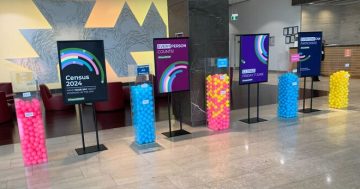Valerie Bolden-Barrett* says a new Gallup Poll reveals that only 7 per cent of the world’s working adults believe they have a great job.

Photo: energepic.co
Only 7 per cent of the world’s 3.3 billion adults who are working or looking for work have a great job, a new Gallup Poll shows.
Results from the 2018 Global Great Jobs Briefing also found that of the 5 billion people on the planet, only 1.4 billion have a good job, and just 16 per cent of that contingent are engaged at work.
The poll used employee engagement as a measure of a great job.
Through a list of questions, Gallup categorised workers as engaged, not engaged or actively disengaged.
People with a great job were those who were allowed to do what they do best, had the tools to perform their jobs effectively and had a job with a strong mission and purpose.
The poll’s conclusion is that about 3 billion people who want a great job don’t have one.
Jon Clifton, Gallup’s Global Managing Partner, said that global leaders must make having a great job a priority.
A dismal 16 per cent global engagement rate means HR leaders and their organisations have a lot of work to do.
Although engagement varies by country, according to Gallup, and organisations have the arduous task of engaging a multigenerational workforce whose members represent different goals and preferences, workers who are disconnected from their jobs are less likely to be productive and are prone to leaving for better opportunities.
Employers can’t afford high turnover in a tight labour market.
Disengagement also has bottom-line consequences.
A study of 1,500 respondents by the Engagement Institute showed that disengaged workers cost employers between $450 and $550 billion a year.
Combine the pressing nature of the talent gap, and employers could have a real disaster on their hands if not actively managed.
Josh Bersin, founder and Principal at Bersin, Deloitte Consulting LLP, told HR Dive earlier this year that engagement starts with a culture that values every worker’s contribution.
Other ways to increase engagement include communicating with employees based on their preferences, recognising their achievements, providing incentives to motivate them, and offering coaching and leadership development programs.
HR must keep in mind that employees — and not necessarily technology — are central to the “future of work,” as a new Mercer report concludes.
Employees are happiest and motivated by jobs that are meaningful and have a purpose; employers who keep this in mind will stay ahead of the competition.
* Valerie Bolden-Barrett is a business writer and content specialist.
This article first appeared at www.hrdive.com.







